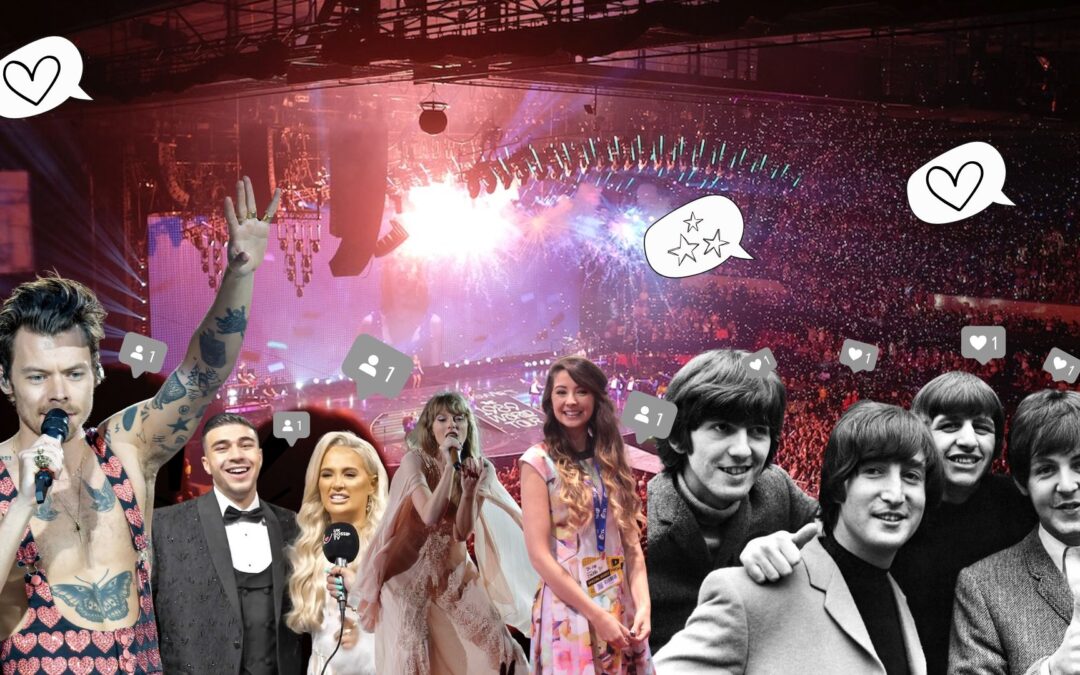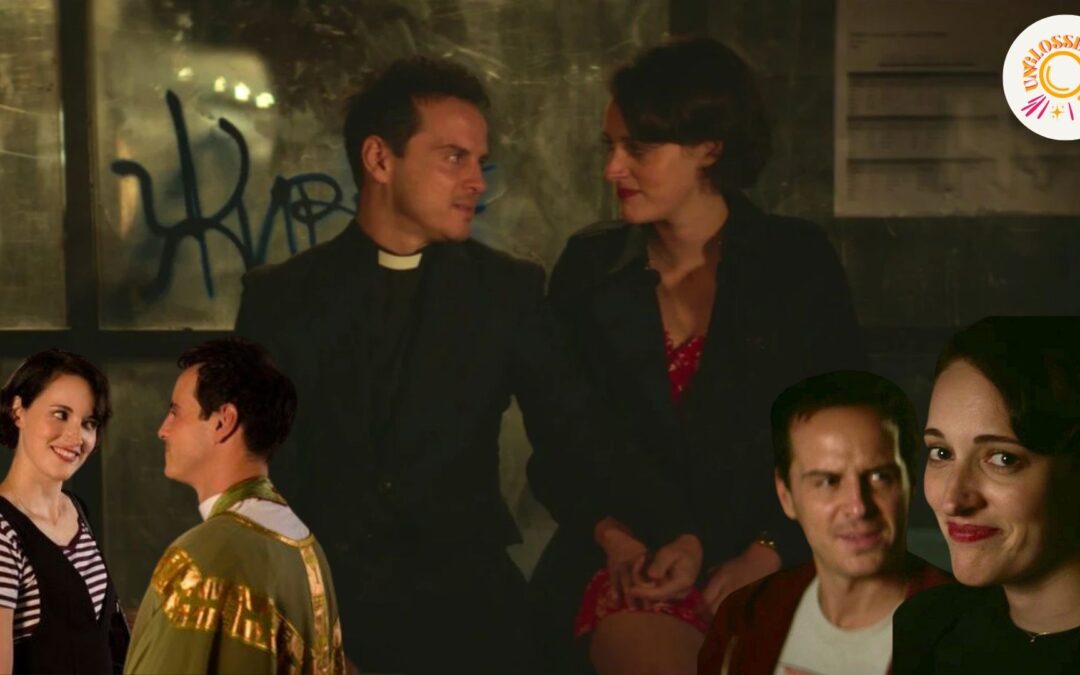Casa Amor is a viewer’s dream, because it’s an Islanders nightmare. Unglossed investigates what makes Casa Amor so unbearable, and its uncanny links to mean girl friendship dynamics from school.
For most, the idea of entering Love Island as a Casa Amor islander is hellish. Probably because they never appear to fully integrate themselves into the group dynamic, and because part and parcel of being a casa girl/boy is stealing someone else’s couple. And let’s be real, we aren’t all cut out for that.
Some islanders have even said that they turned down an earlier season because they were going to be part of the Casa Amor cast, and they only wanted to do Love Island if they entered the villa early on in the series. Now, this could be a business move, because realistically you get one shot to do the show, so if you get a grand total of 3 minutes airtime, your dreams of a Boohoo collab and 100k followers go swiftly out the window. Also, it could be because going in and barely appearing on screen is wildly humbling. Having to go back to your 9-5 after a dramatic exit to start your new life as an influencer can’t be ideal- or that rare.
But for some, the reason Casa Amor is so gut wrenching can go far deeper than a hunger for validation and dollar. Assistant Psychologist Lydia Guttridge explains that trauma from contestants past’s can make that experience all the more triggering.
She says: “When new people enter the villa, it changes up the dynamic, and from a psychological perspective, The Social Identity theory explains this through the terms ingroups and outgroups. Ingroups already have a sense of belonging- so in this case the original islanders, and the outgroups are the new cast members.
“What you normally see quite quickly is that the original cast stick together, and the others have difficulty integrating into the group. And this is usually because for the ingroup, a new person can bring feelings of insecurity and jealousy, as well as a threat to their relationship and desire to potentially win the program. This can make them act cold and unfriendly, even if they would usually get along with that person outside this scenario.”
Lydia explains that for the original islanders, new people to choose from can feed into temptation, which can then make their partners turn against or blame the new arrival for this. Creating even more of a toxic and unfriendly atmosphere.
“This feeling is unpleasant for the original islanders, but far worse for the person on the receiving end of it. Dealing with feeling ostracised is something which can bring up past trauma from friendships or relationships, and dealing with that can be tricky especially in a scenario where emotions are apparently incredibly heightened.”
Lydia says: “The advice I would give for dealing with that feeling in such an artificial environment is being true to yourself, try to balance what you really want with what impact that will have on others. It can be hard to stray from the group because we want that sense of belonging and we want to be liked, in fact, we often put that above any other goal. But remember also that a scenario which has happened in your past doesn’t define what is happening now. If an islander has had times in the past where they’ve felt isolated, they may find it tricker if similar feelings arise again.”
What Lydia has highlighted (for me at least) is that the parallels between Love Island and Mean Girls are just undeniable, the iconic “You can’t sit with us” springs to mind every single time a new bombshell or Casa Amor girl tries to introduce herself to the original islanders. The death stares are almost comical, as if they aren’t on a show designed to create drama and test the relationships of the cast.
It just shows that no matter how long ago school feels, those mean girl dynamics are hard to shake. And okay- it’s no longer being uninvited from a 16th birthday house party, but now it’s being given the side eye for pursuing a man you fancy on an ITV dating show. Not quite sure which is worse, but it’s bizarre how things evolve.











